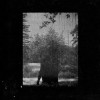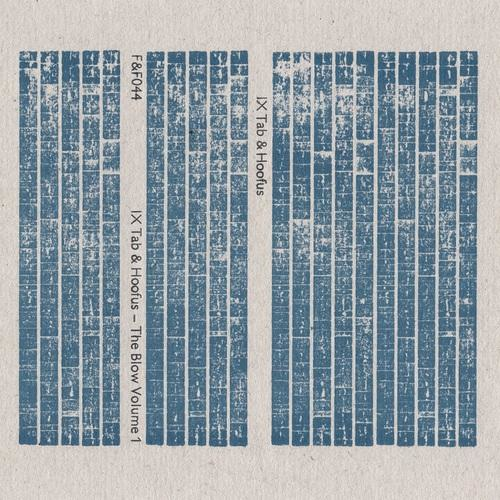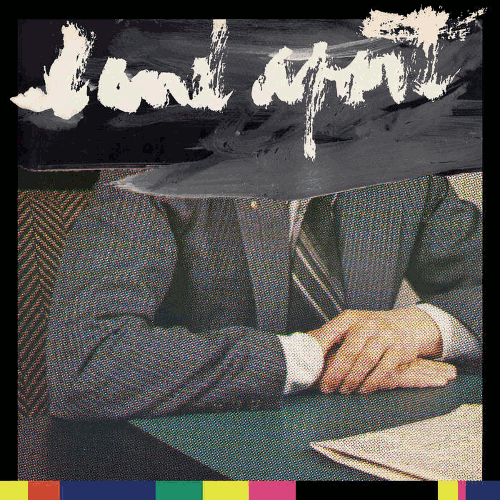 A sense of place, of space predominates on Ruins, Liz Harris‘s tenth Grouper album (not including the split releases). A music stripped of ostentatious zeal, a bare-boned honesty delving deeper, sure of its uncertainties. A haunting of Sylvia Plath or Woolf maybe, trapped in the gauze of delivery, the patina(ed) reverb of an old upright piano. It’s beautiful soul-searching stuff that works best with no distractions, headphones best to savour the most from the divine synchronicity between the music and the environment.
A sense of place, of space predominates on Ruins, Liz Harris‘s tenth Grouper album (not including the split releases). A music stripped of ostentatious zeal, a bare-boned honesty delving deeper, sure of its uncertainties. A haunting of Sylvia Plath or Woolf maybe, trapped in the gauze of delivery, the patina(ed) reverb of an old upright piano. It’s beautiful soul-searching stuff that works best with no distractions, headphones best to savour the most from the divine synchronicity between the music and the environment.
The next track, “Call Across Rooms” gives me “White Chalk” vibes. A weird Egyptian flavour lighting the delicate song-fall, a semi-opaque delivery full of elsewheres, maybes, slightly forlorn, edging towards an instrumental, “Labyrinth,” whose simple repeated keys echo a sinewy sparkle beneath, ending with a dissolving bleep (from a microwave as a passing storm knocked out the electrics). Contrastingly, ‘”Lightouse” has a gorgeous lullaby quality, akin to one of Virginia Astley‘s spooky pastorals. The gable of keys followed in a doubling of vocal as a chorus of frog croaks in the distance seem to harmonise. The dusty transparencies to her voice, drawing you deeper in, the keys a respiratory of rise and fall, cycle rubbing the nocturnal sounds of wildlife outside.
A short pencil sketch of an instrumental, “Holifernes,” follows with a sensation of rain, maybe, in the background leading to the eight minute “Holding”. A track that starts indecisively before finding its rhythm suggesting an unscripted live take; and what a breathtaking one it is too, as that early Mojave 3-like vocal twists the keys and radiating harmonies. “Tears fall as patterns on the window,” Harris sings as a dythemis sense of warmth overtakes and you find your eyes shutting to appreciate every detail. Another discernible phrase hits your ears — “There’s nothing left to hold” — just as a muted thunder roll breaks and rain pebbles the porch to the brush of leaves, as if nature was mimicking the song’s sentiments.The album ends on “Made of Air,” track that seems more synthesized, textural ambient, an eleven minute rolling build of keys that drone weave infinites with thunder rolling through. Pulsing threads that repeat the chorus, aether threading in mirages, humming entities that shift processional-like, slowly drowned in actual notes that in turn become memories drifting out on distant bells.
These are less ruins, but building blocks from which great things are sure to come.
-Michael Rodham-Heaps-



